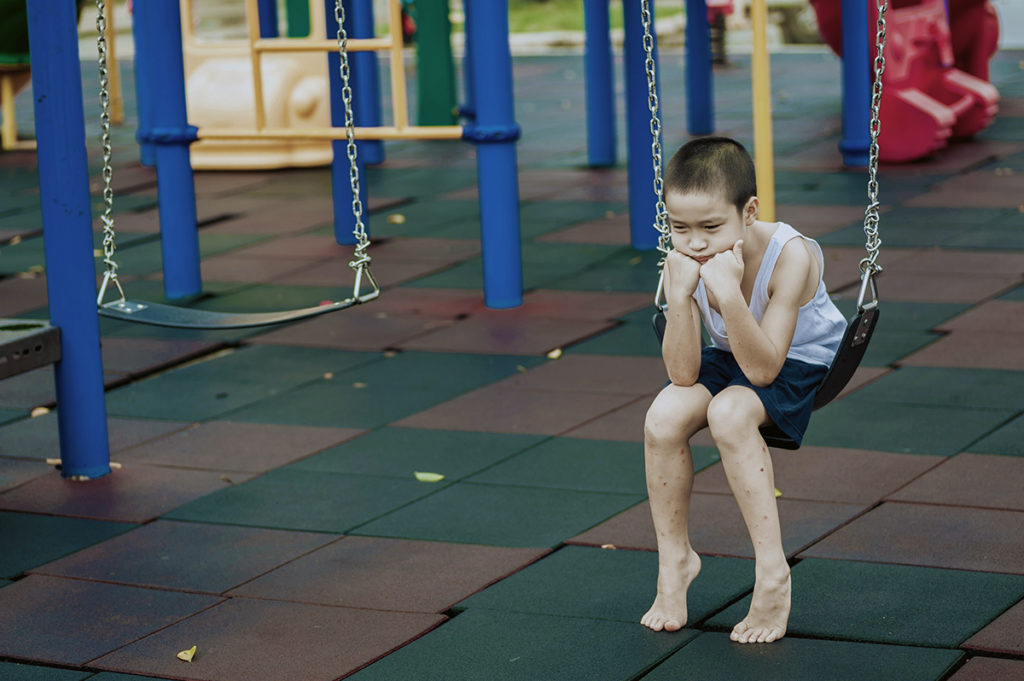
January is Child-Centered Divorce Awareness Month.
I vividly remember the day that I walked into my grandparents’ kitchen and heard them talking about divorce being their only option. I ran out into the yard and cried, not really knowing, as a five-year-old child, what divorce was, but knowing that it was bad. I knew that, while my young parents worked each day, these two grandparents took loving care of me, and something about that was changing. I was afraid and sad.
I just knew that they were often more fun and had more time to play with me than my own parents, who were working full-time jobs to pay for the shelter, food, clothing and other basic needs for our young family. And while my grandparents’ divorce was very unsettling and remnants of it are still with me today, I also think that how they did it is why I do what I do every day, as a family lawyer – a Collaborative Family Lawyer.
My grandparents had little education and were blue-collar workers from East Texas, but they had the wisdom of the sages when it came to knowing how this would affect me, and they handled their divorce in a way that made it a model for me rather than a scar. Until the first one died, my grandparents made sure that I was able to see each of them when I was in town visiting one of them. They both came to almost all my brother’s and my school and religious celebrations and engaged cordially, like the old friends that they were, even when they had new partners in life.
Through the rest of their lives they valued each other’s opinions when making decisions and they really became like distant relatives, who had a shared history and even blood relations.
This was long before mediation or Collaborative Divorce was dreamed up, but they were examples that lived those high goals even before there was a name in the justice system for how they handled themselves. Here is a recent article with one family’s example of how to effectively Co-Parent.
I often write about that suffering and how to lessen the impact of divorce on children. As a person who has represented hundreds of children through the years as an attorney ad litem in divorces, modifications and CPS cases, it became clear to me early on that there had to be a better way for families to resolve their conflict.
Norma Trusch, my dear friend and one of the pioneers of the Collaborative Divorce Process in Texas, has written a beautiful blog explaining why she and many other lawyers are drawn to the Collaborative Divorce Process – put simply – the Collaborative Process protects the children from the conflict of divorce better than any other process available. Please review Norma’s blog, https://collaborativedivorcetexas.com/remembering-children-in-divorce/ and share it with anyone you know contemplating or going through a divorce.
And if you would like additional resources to know how to help your children through divorce, here are a few (remembering not to take the information in any of these books as legal advice because each state has it’s own laws):
Meeting Your Interests: Collaborative Law and Other Options for Dispute Resolution
Between Two Homes: A Co-Parenting Handbook by Bradley S. Craig, LMSW – IPR, CFLE
Talking to Children About Divorce, by Jean McBride, MS, LMFT











